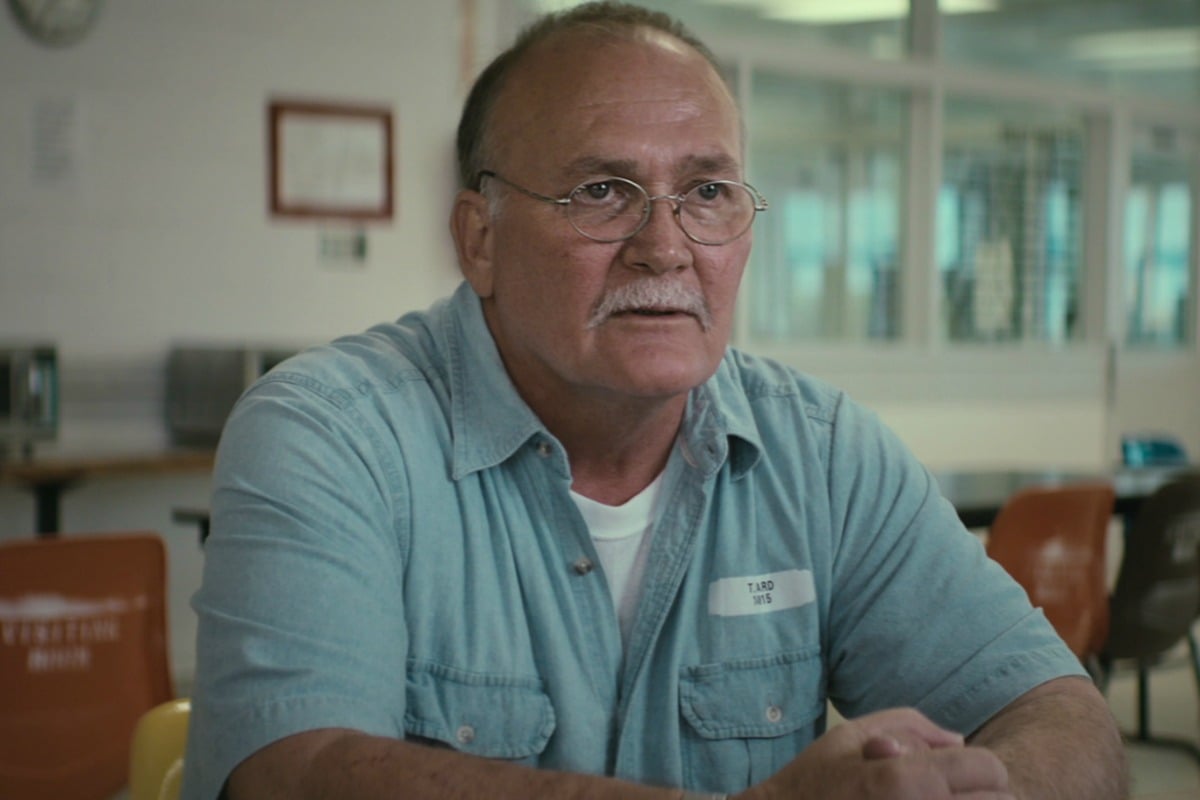
Ada, Oklahoma, is the kind of town you could blink and miss.
Only about 17,000 people live in the small Pontotoc community, but the town’s murky past has been the subject of three books including The Innocent Man, crime author John Grisham’s only foray into non-fiction.
And now Netflix has dropped a six-part true crime series based on the book – and it’s even more chilling than Making a Murderer.
The series tells the story of two local women – Debbie Carter and Denice Haraway – who were raped and murdered in the 1980s, and the four men who were convicted of the crimes.
On December 8, 1982, Debbie, a local cocktail waitress, was found raped and murdered in her garage apartment. She was just 21 years old.
Debbie had been gagged with a bloody towel and the word DIE had been painted on her stomach.
On the night of her murder, Debbie worked her regular shift at Coachlight, one of the local bars, and then drove home. At some point that night an intruder entered the young woman’s home and brutally killed her.
Not long after her murder, police suspected local man Ronald Keith Williamson. Another customer named Glen Gore said he had witnessed Williamson arguing with Debbie that night in the bar.
A friend of the victim also reported that Debbie had said Williamson “made her nervous”.
Williamson officially became a suspect in the case, along with his friend Dennis Fritz. Williamson was unable to provide an alibi for the night in question because he couldn’t remember where he was, he also took two polygraph tests that came up as “inconclusive”.
But without any physical or circumstantial evidence, and with no confession, the case went cold.
Then five years later, Williamson was arrested for forging cheques and was awaiting trial in Pontotoc County Jail. A fellow inmate named Terri Holland told police Williamson had confessed to her that he had, in fact, murdered Debbie.
